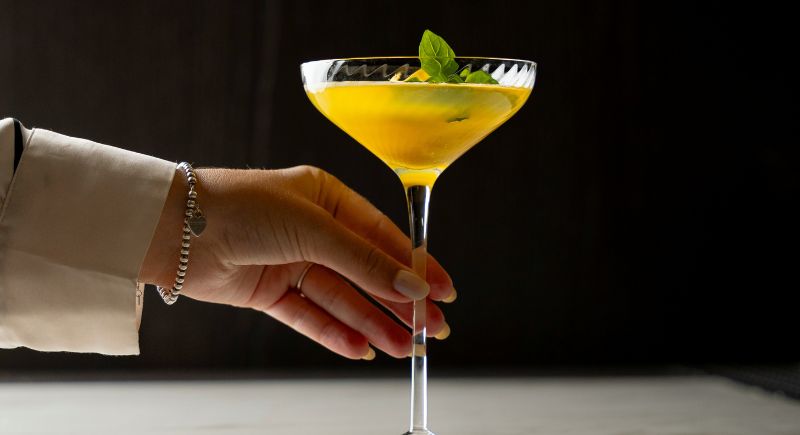Not Loving Your Cocktail? The Right Way to Respond
You’re sitting at the bar, waiting for that Sazerac you ordered with high hopes. The bartender slides over a glass, and you take a sip. Something’s off. This isn’t what you asked for—it tastes like sugar and bitters on rye. Scanning the bar setup, you spot Pernod on the shelf. They could have made it right. Instead, you’re stuck with a drink that missed the mark, and your night is in neutral.
It’s a common scene. Ordering cocktails can be hit or miss, even at reputable spots. You don’t have to be a cocktail geek to notice when your drink isn’t what you expected. Still, not everyone knows how or when to speak up. There’s a fine line between standing up for yourself and looking like the problem at the bar. But knowing when to send a drink back and how to handle it makes all the difference in whether the next round improves your night or sends it spiraling.
When to Speak Up and How to Do It Right

Image via Unsplash/Jakob Trost
If the drink is objectively wrong, send it back. It makes no sense to order one thing and get something else entirely. You shouldn’t ask for a Margarita and get a Manhattan. If the request is bourbon neat and it comes on the rocks, then you didn’t get what you paid for. Those are situations bartenders deal with regularly and usually fix without hesitation. Politeness helps, but clarity matters more. Calmly explain the mix-up, and they’ll most likely replace it or offer a solution.
Then there’s the flavor issue. Some cocktails include niche ingredients that surprise you. Maybe you weren’t ready for the sharp herbal hit of Fernet or the heavy smoke of Mezcal. If you were warned and still ordered it, chalk it up to exploration. Ordering something unfamiliar after a bartender explains the profile means you took a gamble. That doesn’t make the bartender wrong. The drink just wasn’t to your taste, and that’s not really a returnable offense.
But if the drink is too sweet, too strong, or poorly mixed, that’s something a bartender can probably tweak. It helps to be specific. Say you were expecting something drier or lighter. They might adjust the cocktail or offer to build something new. Most bar staff would rather have the chance to get it right than lose a potential regular over a missed pour.
Things That Don’t Warrant a Send-Back
Drinking most of the cocktail before deciding it wasn’t right is a common misstep. Once you’ve passed the one-third mark, it can give off the impression that you’re trying to dodge the bill. At that point, it’s better to order something else entirely and take it as a learning moment. Bartenders notice how much is left when a drink gets returned, and they respond accordingly. Timing matters.
Trying to get extra alcohol without paying for it isn’t acceptable. If the cocktail isn’t strong enough, ask for a double and expect to pay more for it. Bartenders measure spirits based on recipes, not personal tolerances. If you’re looking for a buzz, you can always go the high-proof route, but that choice belongs to you when ordering.
There’s also no shame in quietly finishing your drink and switching to something reliable next round. Plenty of regulars stick to a G&T or whiskey neat after one adventurous misfire. And if you’re at a spot where drink quality is all over the place, it might be time to look at the draft list or grab a beer. Many people prefer to avoid confrontations by reading the vibe of the place, knowing when to ride it out and when to cut losses.
Bartenders who care about service don’t expect perfection from guests. Most are open to adjusting your drink if you approach them respectfully and early. The key is honest, polite communication. If the drink isn’t what you expected, let them know directly and without attitude. A decent bar team will appreciate the feedback and want you to leave happy.
In Summary
Mistakes happen. Recipes vary. Once in a while, the person behind the bar is new or misinformed. That doesn’t mean a drink needs to go back every time it isn’t exactly what you imagined. But if it misses the basics or skips key elements—like a Sazerac without an absinthe rinse or a substitute like Pernod—you’re not being difficult by pointing it out. You’re holding the bar to a reasonable standard.
Having said that, if you’re trying something new, embrace the unpredictability, but know how to ask for help when it truly doesn’t land. A good bar welcomes that exchange. That’s how people learn your preferences and build better drinks next time.